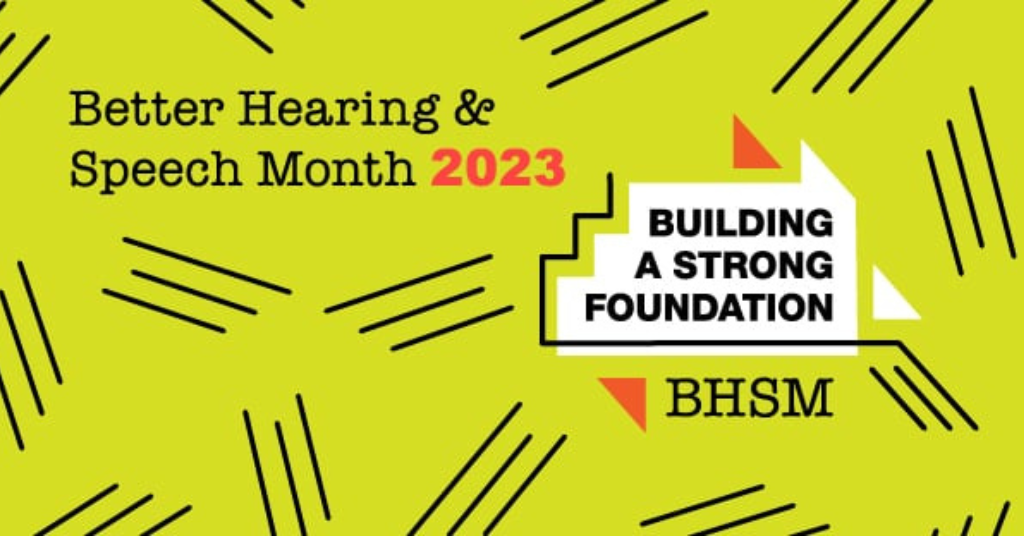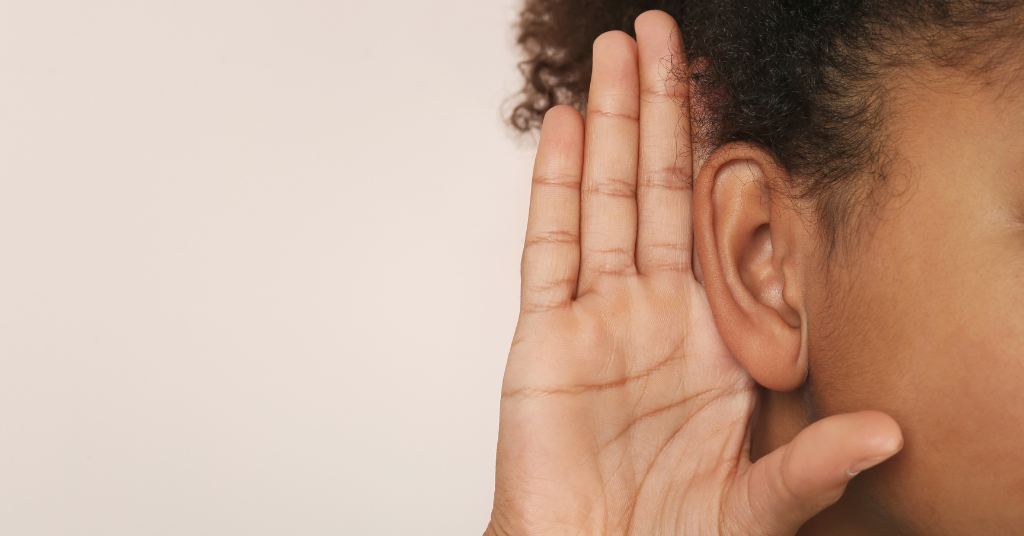
The benefits of cochlear implants for deaf children with autism spectrum disorder
February 25, 2022
Safe listening: Protect your ears
March 3, 2022British Sign Language Act 2022: What will it change?

The British Sign Language Bill has passed its second reading and is on its way to becoming law. What will the BSL Act 2022 change for deaf people living in Britain?
What is the BSL Bill?
The British Sign Language Bill was introduced to the House of Commons on June 16, 2021 by Rosie Cooper MP. On January 28, 2022, MPs voted to support the bill at its second reading. It is now being studied by the Public Bill Committee.
The bill has three main clauses:
- Clause 1 would provide legal recognition for British Sign Language (BSL) as a language of England, Wales and Scotland*.
- Clause 2 would require the government to prepare and publish BSL reports, describing what the departments have done to promote the use of BSL in their communications with the public. The first of these should be published by 30 April 2023. Subsequent reports should be published at least once every three years.
- Clause 3 would require the government to arrange for guidance to be published about how to promote and facilitate the use of BSL. This guidance could, for example, include advice for government departments on best practice for communicating with BSL users.
* BSL is already legally recognized in Scotland.
What is BSL’s Current Status?
BSL has been recognized as an official language since 2003. It does not have the same legal status as other endemic British languages like Welsh, Cornish, and Scottish Gaelic. The only UK region to have given full legal recognition to any form of sign language is Scotland, which gave BSL full support under the BSL (Scotland) Act 2015. In Northern Ireland, people have the option to use Irish Sign Language (ISL) or BSL. ISL currently has the same status as BSL.
When a language is fully supported and recognized by the government, it means that ministers must promote it, as well as “facilitate the promotion, understanding, and use” of the language.
The British Sign Language Act 2022
The BSL bill goes by the more extended title, “A Bill to declare British Sign Language (BSL) an official language of the United Kingdom; to provide for a British Sign Language Council to promote and advise on the use of BSL; to establish principles for the use of BSL in public services; to require public bodies to have regard to those principles and to guidance issued by the Council; and for connected purposes.”
That’s quite a mouthful, but it does explain what the bill is for. However, if you want something easier to remember, it’s more briefly known as the British Sign Language Act 2022.
You can keep up with the bill’s progress and download a copy.
What Will the British Sign Language Act Change?
Currently, BSL users find accessing interpreters challenging. Most of British television is not covered by BSL. It’s also difficult to access classes. BSL is still not part of the national curriculum in schools. There has been some effort by Signature (a BSL qualifications awarding body) to launch and support a BSL General Certificate of Secondary Education (GCSE) to be taught in high schools. So far, it has failed to gain enough support. I live in the hope that the new BSL Bill will change this. (For non-British readers, GCSEs are the qualifications you take at 16.)
Read more: Deaf 12-year-old campaigns for British Sign Language GCSE
The new BSL bill aims to improve recognition for Deaf people as a cultural and linguistic group and move thinking away from BSL as an accessibility tool for people with disabilities. This is clearly essential to supporting and recognizing the Deaf community.
“The new BSL bill aims to improve recognition for Deaf people as a cultural and linguistic group…”
As laid out in the bill itself, the purposes of the BSL Act 2022 include:
- Recognizing BSL as an official language of the UK
- Creating a BSL Council to promote and advise on BSL and the use of BSL
- Create frameworks for the use of BSL in public services, such as healthcare
- Make it legally necessary for public bodies to abide by these frameworks and other guidelines issued by the BSL Council
- Giving the Secretary of State the duty of compiling regular reports on BSL, which must include descriptions on what each department has been doing to promote or facilitate the use of BSL in its engagements with the general public
- Public announcements about policies or laws, or public health announcements, for example, must be accessible to BSL users
Based on those aims, the Act would improve access to interpreters, as well as enhance general awareness and maybe even BSL education. It may also improve access to employment for Deaf people.
How Long Will the Bill Take to Become Law?
Bills can start in either of the two Houses, the House of Lords or the House of Commons. Both Houses have set stages to debate, examine, and suggest changes to the draft. This bill started as a Private Members’ Bill.
Both Houses must agree the final text of the bill before it can be signed off by the Queen in a process known as Royal Assent. Only then will it become Act of Parliament – a new law. The whole process can take a few months to a couple of years.



